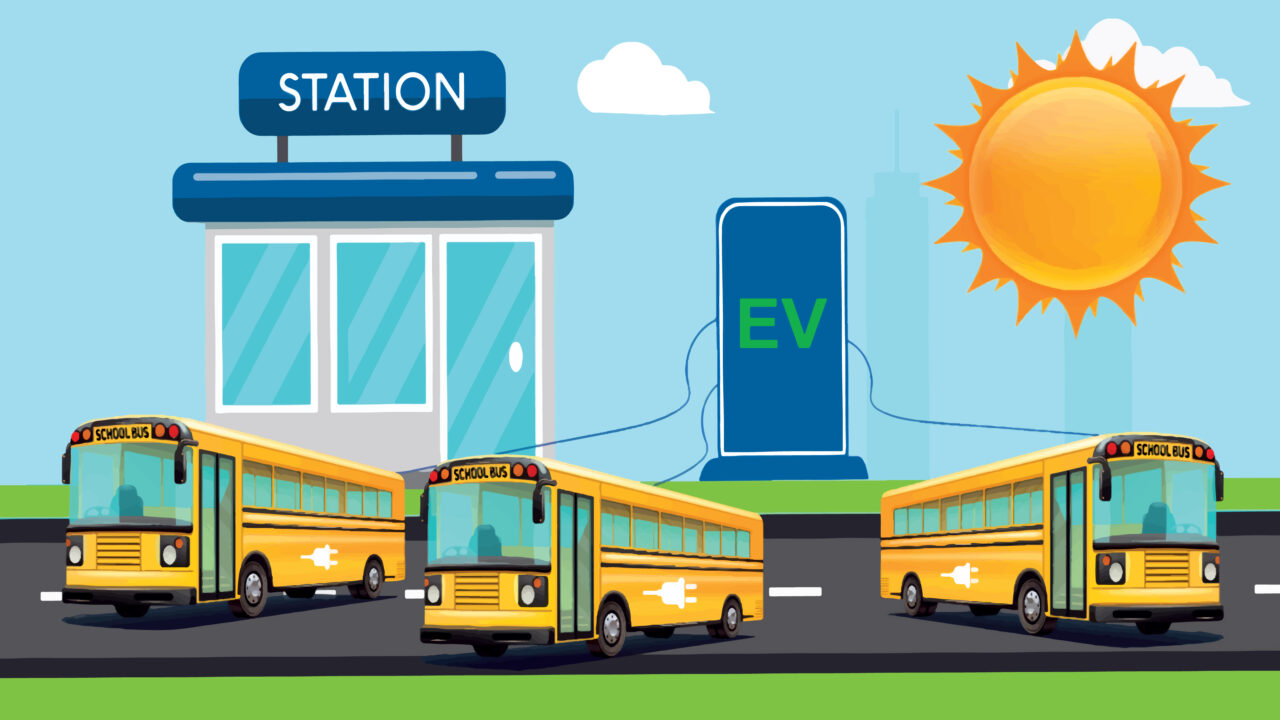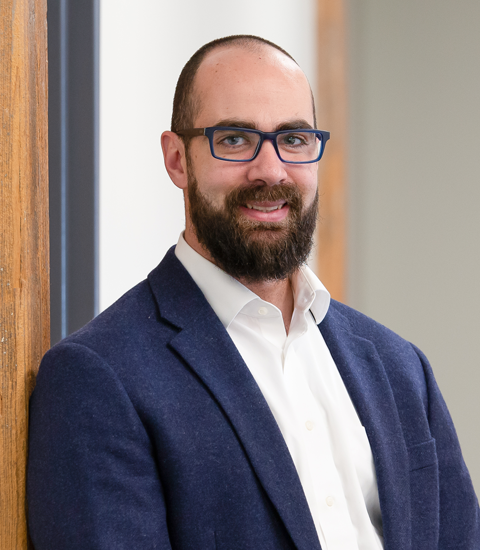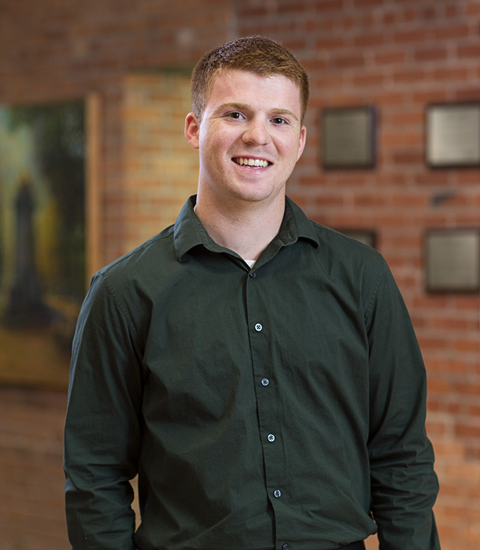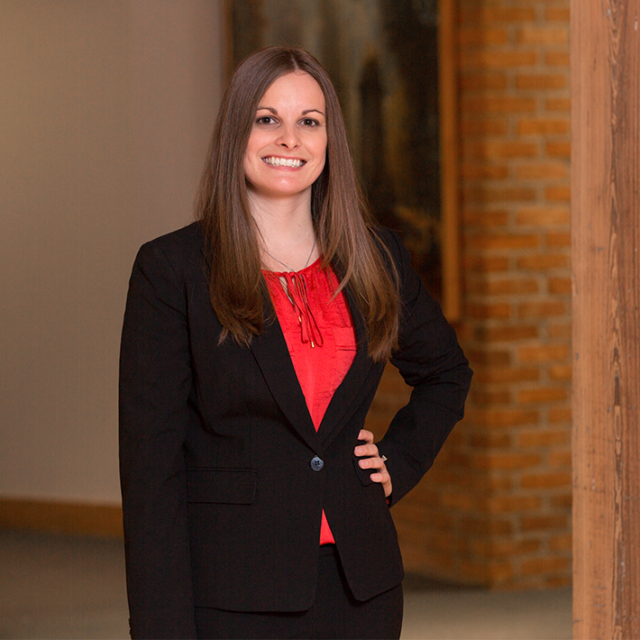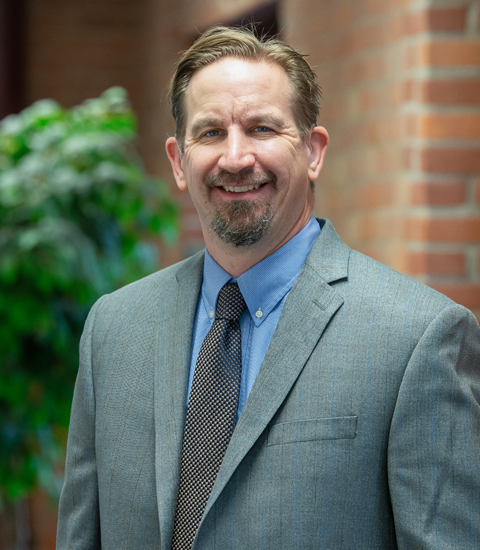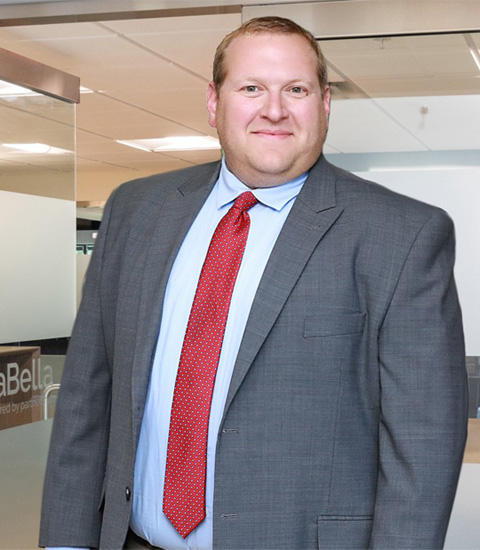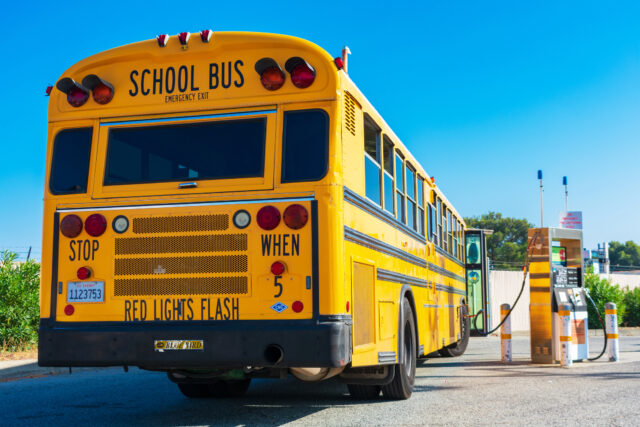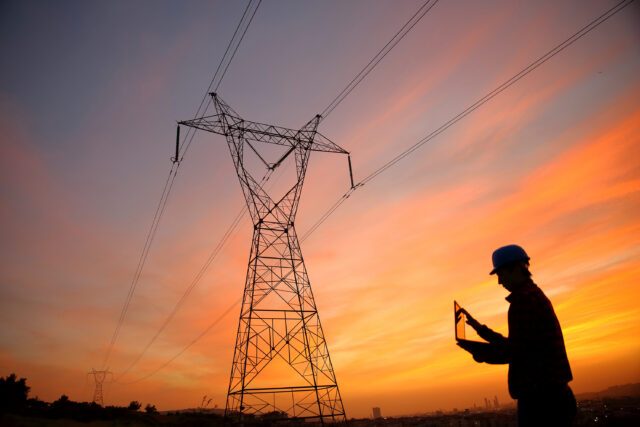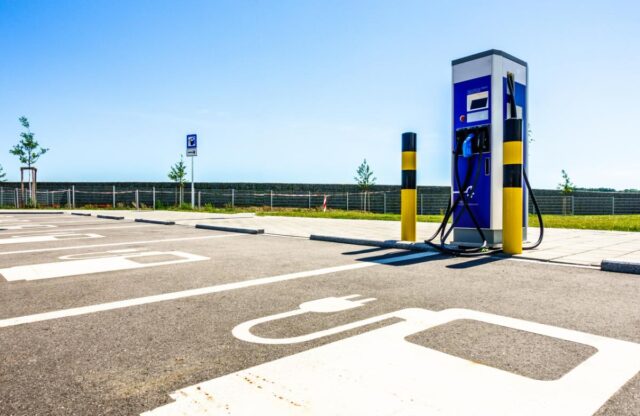Getting Your School's Fleet to Zero Emission
LaBella’s Expertise Paves the Way for Zero Emission Fleet Transformation
LaBella’s full-service team can assist your district with exploring electrification and provide the best analysis and action plan for your district. With a staff of over 1,800 professionals, we have expertise in energy, MEP and power systems engineering, infrastructure upgrades, and planning. We can provide assistance with federal and state grant incentives for grid analysis and charging infrastructure.
Our relationships with New York’s utility companies put us far beyond the competition. Our knowledge of existing infrastructure, regulatory agencies, and the utility market as a whole provides crucial context for analyzing the electrical grid supporting your bus fleet.
LaBella has been a NYSERDA FlexTech Contractor since 2004. We have the knowledge and know-how to help your District meet the required goals. We are also approved consultants in the P-12 Clean Green Schools Initiative and have already begun working with districts to help reduce energy loads, decarbonize their buildings, and improve indoor air quality.
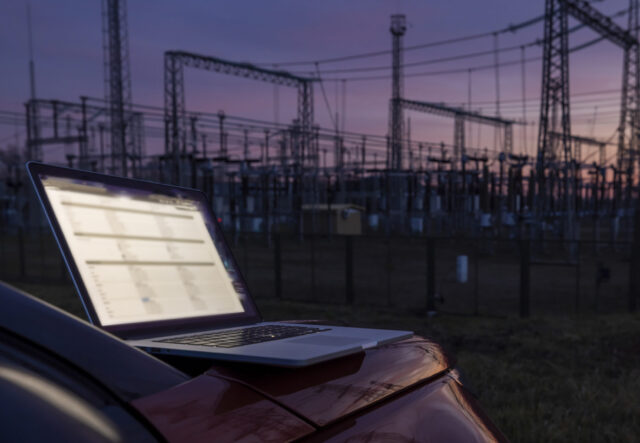
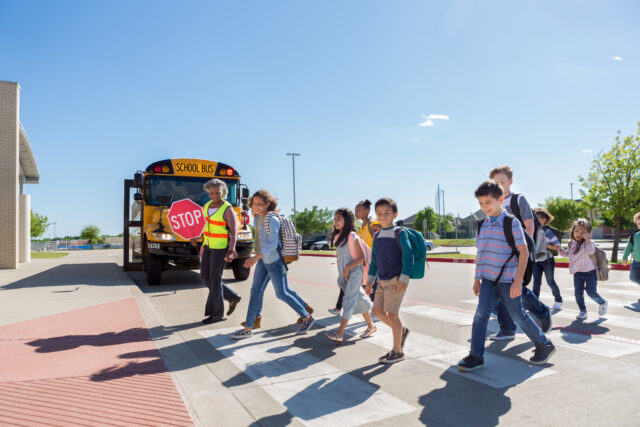
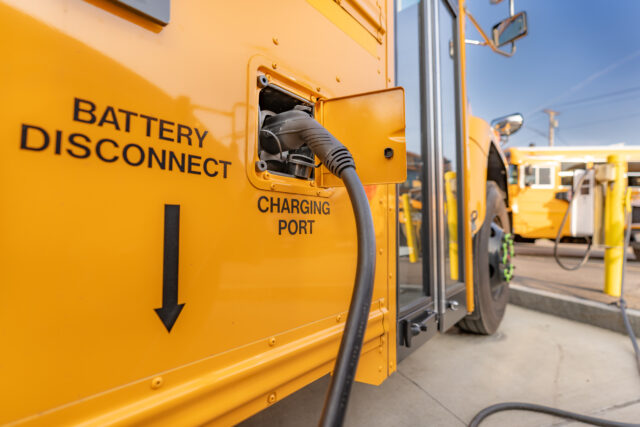
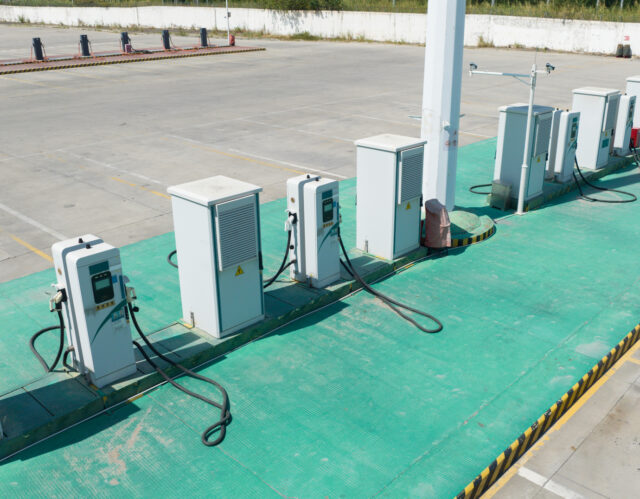
Our Thought Leadership
What Do Our Experts Have to Say?
The Route to Electric Buses: What K-12 School Districts Need to Know
LaBella’s K-12 electrical expert, Darren Pieters, provides a comprehensive overview of New York State’s legislative requirements and outlines the essential objectives to be accomplished by 2035. Click Here to read!
Powering Progress: Key Steps for K-12 School Districts on the Route to Zero Emissions
Senior Program Manager Michael Cocquyt, CPRP, MBA, explains in plain terms NYSERDA’s New York School Bus Incentive Program (NYSBIP) and what incentives are available to school districts. Click Here to read!
Plugged In: Grid Capacity Evaluation for K-12 School Districts Going Electric
Anthony Sanganetti, PE, Program Manager for Transmission & Distribution, explains grid capacity evaluation and the challenges and solutions districts may face in upgrading your fleet. Click Here to read!
Frequently Asked Questions
Here are some answers to your most asked questions.Where do we start?
A fleet electrification study can help your district identify the necessary infrastructure needs to support a zero-emission fleet. As FlexTech Contractors, our dedicated energy team can assist by providing cost estimates, implementation timelines, and funding opportunities along with additional resources that may be used to achieving these goals.
How soon does my school district need to convert to electric school buses?

In the April 2022 budget passed by the New York State Legislature and signed by Governor Hochul, the State established a deadline for the transition to zero-emission buses. Specifically, starting in 2027, all school buses purchased must be zero-emission buses, with the entire fleet transitioned to zero emission by 2035. Technically, both battery-powered and hydrogen fuel cell-powered electric buses that meet the definition of zero-emission buses qualify; however, there are no hydrogen fuel cell-powered school buses currently available to purchase. The generation, purchase, and storage of hydrogen in quantities sufficient to fuel fleets represents additional challenges.
How far can an EV bus go when fully charged?
 This is not necessarily an easy question to answer as there are several factors that can impact the manufacturer-labeled range. For example, range can be affected by the weather (especially cold), driving speeds (highway vs. neighborhood), road terrain, the number of passengers, and other driving practices. With this in mind, school districts should perform a pilot program on a handful of buses before changing over their entire fleet. This will allow conditions and the impact of routes, drivers, and seasonality to be evaluated.
This is not necessarily an easy question to answer as there are several factors that can impact the manufacturer-labeled range. For example, range can be affected by the weather (especially cold), driving speeds (highway vs. neighborhood), road terrain, the number of passengers, and other driving practices. With this in mind, school districts should perform a pilot program on a handful of buses before changing over their entire fleet. This will allow conditions and the impact of routes, drivers, and seasonality to be evaluated.
How long does it take to charge an EV bus?
 Charge time is a factor of battery size and charging capability and depends entirely on real-world usage. Ideally, a bus would be plugged in at the end of the day, charged overnight, and be ready to go in the morning. For some routes, especially on cold days, additional charging may be needed during the day between morning and afternoon runs.
Charge time is a factor of battery size and charging capability and depends entirely on real-world usage. Ideally, a bus would be plugged in at the end of the day, charged overnight, and be ready to go in the morning. For some routes, especially on cold days, additional charging may be needed during the day between morning and afternoon runs.
What does it cost to maintain an EV bus?
Electric buses generally have lower maintenance costs when compared to traditional internal combustion vehicles. As a reminder, this cost savings should be estimated by the districts and included in the financial model along with fuel savings and electrical costs.
What type of EV charging station does my district need to install?
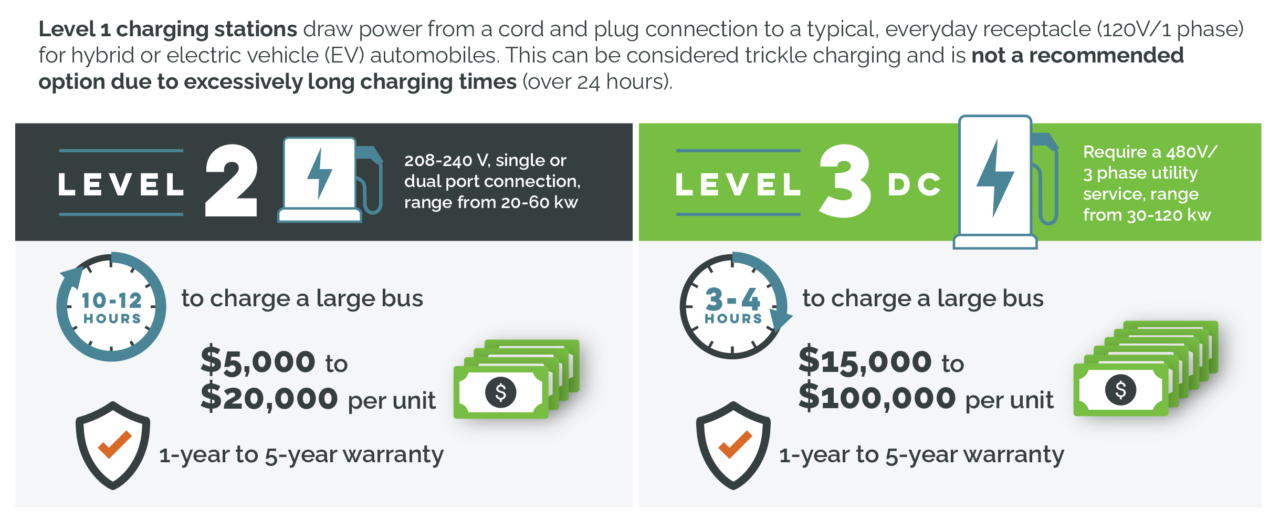 EV charging stations are classified in three categories: Level 1, Level 2, and Level 3. Level 1 charging stations draw power from a cord and plug connection to a typical, everyday receptacle (120V/1 phase) for hybrid or EV automobiles and is not a recommended option for EV buses.
EV charging stations are classified in three categories: Level 1, Level 2, and Level 3. Level 1 charging stations draw power from a cord and plug connection to a typical, everyday receptacle (120V/1 phase) for hybrid or EV automobiles and is not a recommended option for EV buses.
Most districts will choose between installing Level 2 or the more powerful Level 3 charging stations. As part of the planning process, a decision needs to be made as to how many Level 2 and Level 3 charging stations to install. In a perfect world, there would be no need to decide between installing Level 2 and Level 3 charging stations as all Level 3 stations would be installed. However, cost and electric service availability are the two driving factors that make this prohibitive.

Does LaBella have experience with EV charging systems?
In recent years, LaBella has been actively involved in a variety of projects related to the development of EV charging infrastructure. Whether it’s for schools districts, transit fleets, or municipalities, LaBella is well-equipped to provide support through evaluations and inspections of electrical systems, thorough assessments of site conditions, and the design of infrastructure tailored to meet the specific requirements of your district.
Can my district add solar power generation to help offset electric usage/cost?

Deciding how much solar power generation to provide, or whether to provide it at all, can be a complex decision. It’s possible that integrating solar into your district’s infrastructure can offset some utility energy costs. Solar power can be used to put power back into the grid to help offset power demand and costs or it can be stored on-site in batteries and directly used to power the buses overnight when solar power is not being generated. It is important to keep these factors in mind when assessing energy evaluations for your district. Funding is available through NYSERDA’s P-12 Clean Green Schools Initiative and Flexible Technical Assistance (FlexTech) Program to help with the planning efforts, including the electrification of your bus fleet.

Will my district need to make electric utility upgrades to support the EV buses?
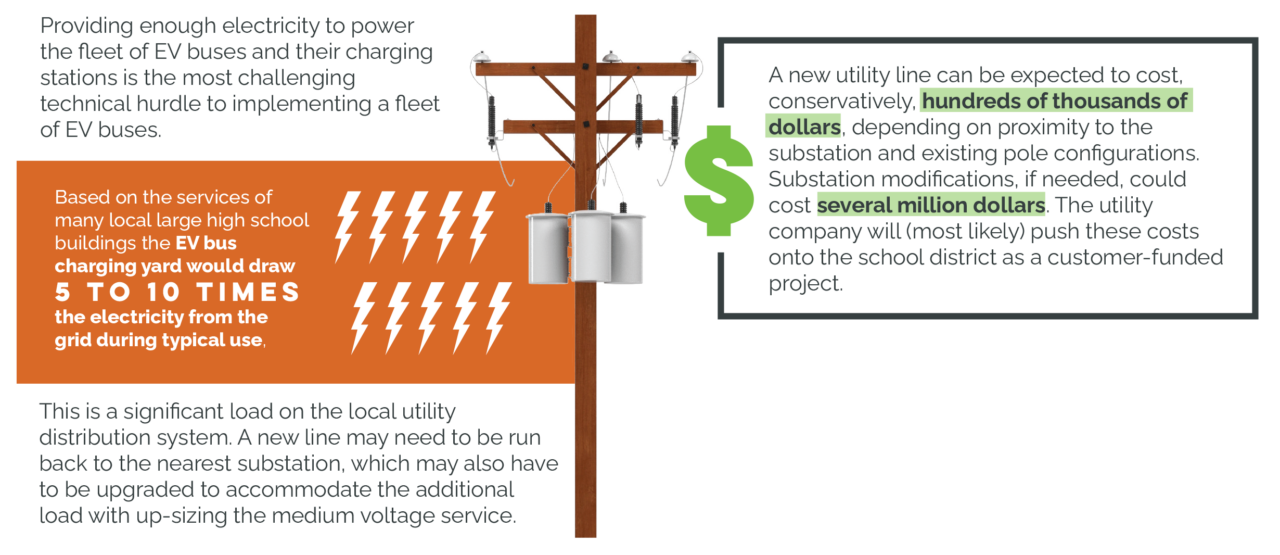 Providing enough electricity to power a fleet of EV buses and their charging stations is the most challenging technical hurdle to implementing a fleet of EV buses. Not only will the district transportation facility electrical service require replacement or a separate service altogether, but there will also be significant modifications needed on the part of the utility company to provide the amount of electricity needed to power a mid-to-large sized fleet. The best way to begin to evaluate infrastructure readiness is to contact your utility provider and begin a fleet assessment. Not only will this help districts evaluate their needs, but it will help utility companies as they plan future upgrade priorities.
Providing enough electricity to power a fleet of EV buses and their charging stations is the most challenging technical hurdle to implementing a fleet of EV buses. Not only will the district transportation facility electrical service require replacement or a separate service altogether, but there will also be significant modifications needed on the part of the utility company to provide the amount of electricity needed to power a mid-to-large sized fleet. The best way to begin to evaluate infrastructure readiness is to contact your utility provider and begin a fleet assessment. Not only will this help districts evaluate their needs, but it will help utility companies as they plan future upgrade priorities.
LaBella has strong working relationships with NYS utilities and can guide your district through the electrical upgrade process and incentives.
What additional resources and funding opportunities are available to our district?
New York State continues to update the State and NYSERDA websites with communication and incentive programs available to NYS districts. They are as follows:
- NYSERDA Electric School Buses Home Page: NYSERDA helps breakdown Governor Kathy Hochul’s initiative and where to start.
- NY School Bus Incentive Program Overview: Explore the latest incentives offered by NYSERDA that could support the transition of your fleet to zero-emission vehicle technology. Current offers include School Bus Vouchers and Charging Vouchers.
- Utility Make-Ready Incentives: Make sure to check out the utility incentives that are available to you. NYSERDA’s funding will only cover “Customer Make-Ready” for charging stations. The “Utility Make-Ready” will assist with necessary grid upgrades.
- Clean Bus Planning Awards Program: Be sure to explore all your funding options. The Clean Bus Planning Awards Program provides school and transit bus fleets with free technical assistance to develop comprehensive and customized fleet electrification transition plans.
- NYS Governor Announces Additional Funding for Zero-Emission School Buses: On August 13, 2024, NYS Governor Kathy Hochul announced an additional $200 Million in funding through the Clean Water, Clean Air, and Green Jobs Environmental Bond Act.
- NYS Governors’ Funding for Electric School Bus Announcement: Governor Kathy Hochul’s original announcement of the transportation electrification initiatives in New York State.
Additionally, LaBella has a robust planning team with experience in both state and federal grant funding applications and administration. As part of the assessment, a Senior Program Manager—specializing in EV charging—will compile an inventory of existing funding opportunities from both state and federal programs.
Talk to a K-12 Advocate
Have further questions? Talk to a former Superintendent!
Our K-12 liaison Glenn Niles, a former superintendent, can help you connect with LaBella’s zero-emission team.
(585) 295-6251

